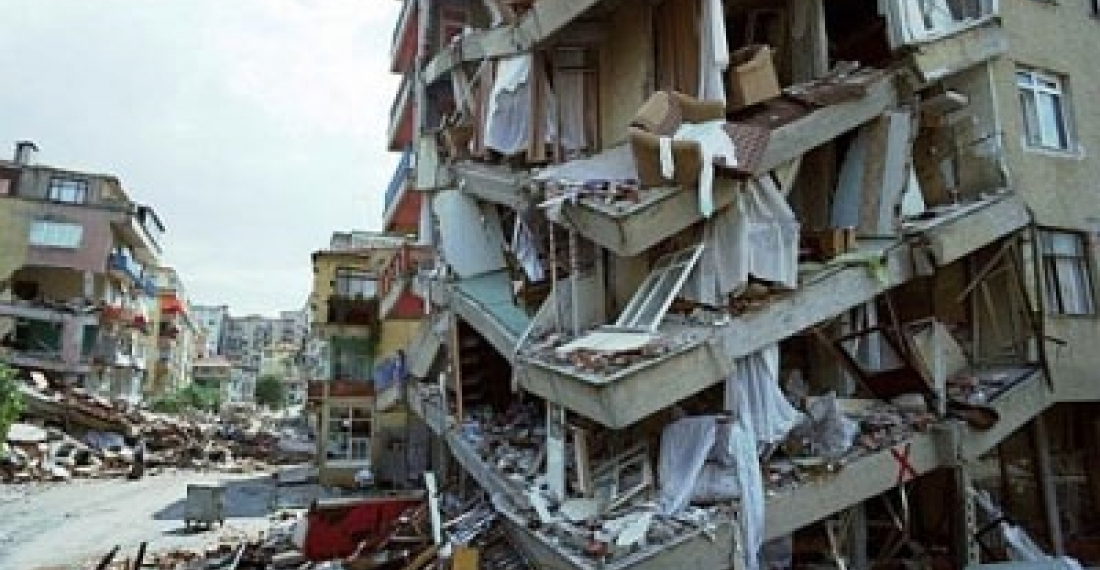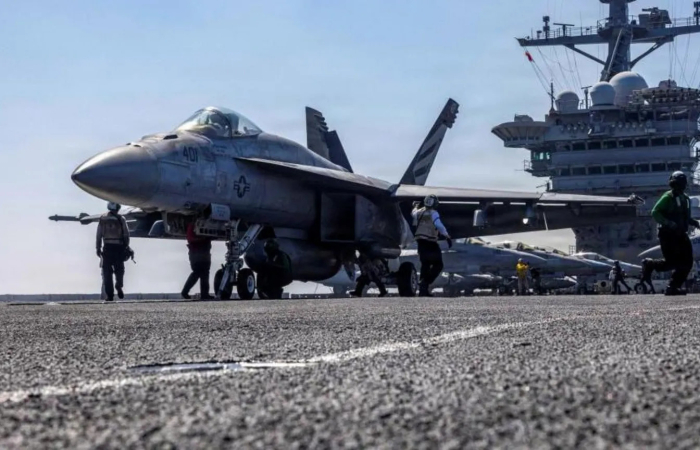According to the Ministry for Emergency Situations of Armenia, the Crisis Management Center of the Ministry convened under chairmanship of Minister Armen Yeritsyan and discussed readiness of Armenian rescuers. Armenia alongside with 20 other countries has expressed its readiness via the UN channels to send rescuers to Turkey.
President Serzh Sargsyan who continues his State Visit to the Russian Federation as it has been scheduled, sent an urgent message of condolences to the President of the Republic of Turkey Abdullah Gul
regarding the earthquake that struck the territory of Turkey.
The message states:
"Distinguished Mr. President:
I learned with profound pain about the powerful earthquake that occurred in Van and about the destruction, human losses and the people trapped under the collapsed buildings. I feel sorrow about that, express my condolences and inform you that Armenia's specialized rescue division is put on alert to be able to reach the epicenter as soon as possible and start immediately its rescue operations."
In the meanwhile, earlier today a 6.1 Magnitude aftershock struck Van Province after the initial quake measuring 9-10 and 7.1 magnitude. The quake was 9.8km depth. The epicenter was 20km from Van. Eight aftershocks measuring 7-8 were followed the initial quake.
The Armenian Ministry for Emergency Situations reported that the quake measuring 3-5 was felt also in Armenia, particularly in Yerevan and in the nearby areas. By data of the Turkish Interior Ministry the number of the killed in Turkey has exceeded 200 people. There are 1090 injured and hundreds still remain under ruins. Turkish seismologists report the number of the killed may reach 500-1000 people. In 1976 a similar quake in Van killed 3840 people.







